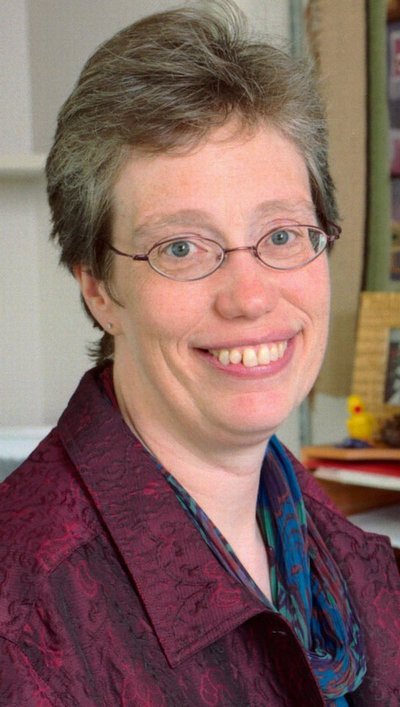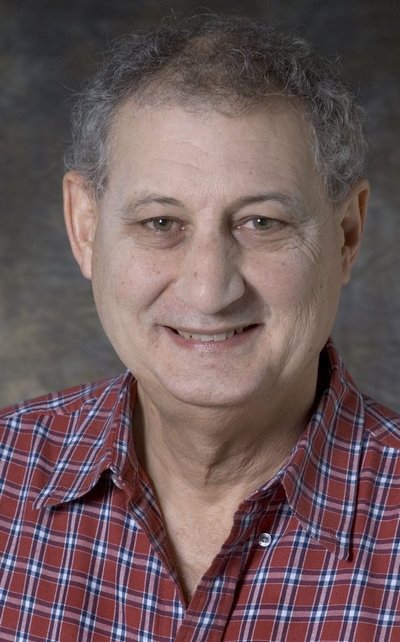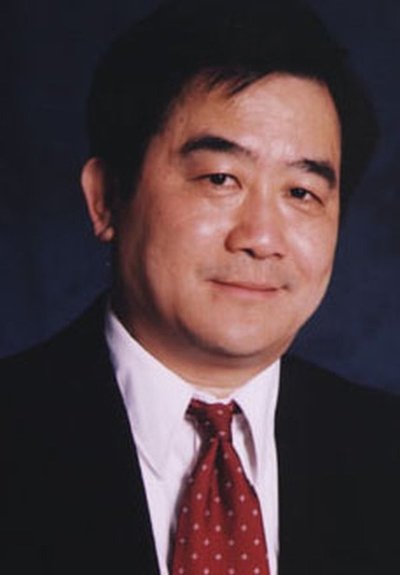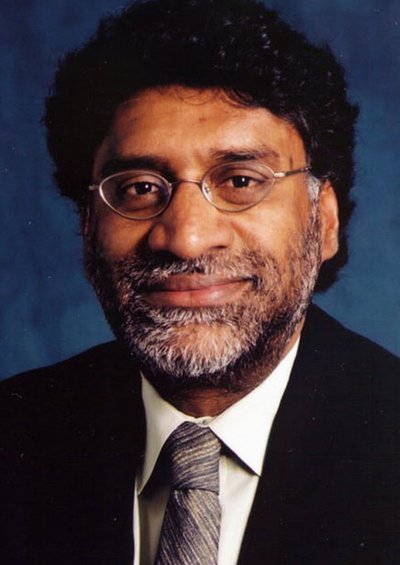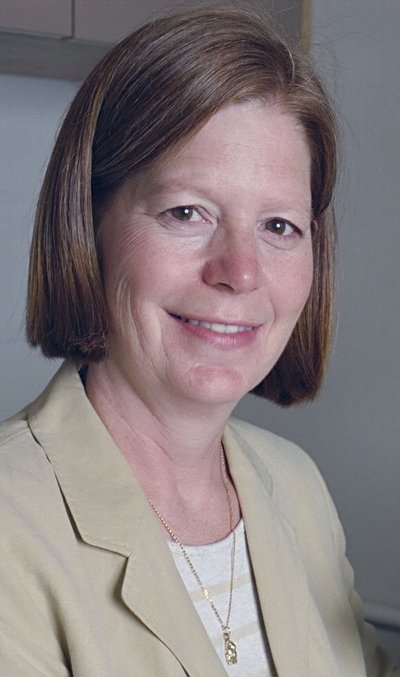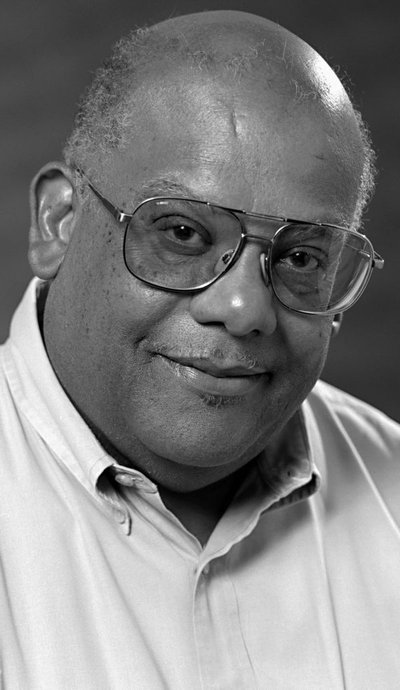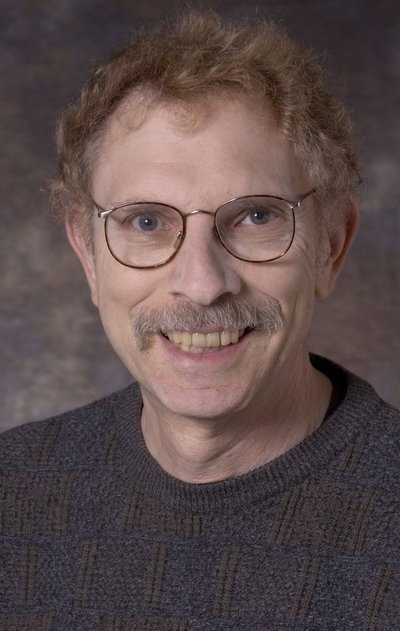November 3, 2005
10 UW profs honored as Fellows of AAAS
Ten UW faculty members have been awarded the distinction of Fellows of the American Association for the Advancement of Science, or AAAS. Election as a fellow is an honor bestowed upon AAAS members by their peers.
This year, 376 members have been awarded this honor by AAAS because of their scientifically or socially distinguished efforts to advance science or its applications. New Fellows will be presented with an official certificate and a gold and blue (representing science and engineering, respectively) rosette pin during the AAAS annual meeting in February.
The UW Fellows are listed below:
 | Cynthia Atman is a professor of industrial engineering and director of the Center for Engineering Learning and Teaching and the Center for the Advancement of Engineering Education. She earned her doctorate in engineering and public policy from Carnegie Mellon University and joined the UW in 1998 after seven years on the faculty at the University of Pittsburgh. Her research focuses on engineering design learning, students as emerging engineering professionals and assessment of engineering learning. Atman was cited for outstanding leadership and mentorship in the field of engineering education. |
Beverly Dale-Crunk, professor of oral biology and graduate program director for the Department of Oral Biology in the School of Dentistry, studies the way the inner linings of the mouth play a role in defending against disease. She is particularly interested in the expression of antimicrobial peptides as part of the epithelial barrier, and how that expression is affected by bacterial exposure. She also studies epithelial cell signaling pathways. Her laboratory uses biochemical methods, cell culture and molecular genetics. She holds adjunct appointments in the departments of Biochemistry, Medicine and Periodontics. Dale-Crunk earned her doctorate in biochemistry from the University of Michigan and first came to the UW as an NIH postdoctoral fellow in microbiology. She joined the faculty in 1972. She was cited for distinguished contributions to the field of skin biology and biochemistry that have provided insights into the roles of oral epithelium in maintaining oral health. | |
 | Larry Dalton has been a professor of chemistry since 1998. He earned a doctorate in physical, organic and materials chemistry from Harvard University in 1971. Dalton has been among the pioneers in developing nanoscale materials for the booming technology called photonics. These materials direct or transmit information by light, rather than by electricity, giving technological devices far greater speed and capacity with far lower power needs. Photonics devices incorporating polymeric materials developed by Dalton and his colleagues have been successfully used in broadband communications, high-capacity information storage and large-screen and portable information displays. Recently, new or improved polymeric materials have shown promise in generating, processing, transmitting, detecting and storing light signals. Dalton was cited for fundamental theoretical and experimental contributions that have transformed the field of molecular photonics and led to dramatic advances in both electro-optical materials and devices. |
Phillip Green is professor of genome sciences and an investigator for the Howard Hughes Medical Institute, and holds an adjunct appointment in computer science. He is best known for developing powerful computational tools that were essential for the Human Genome Project. His work now includes software tools for comparing genomes and seeking sequences that remain steady through evolution. He was the first to predict that the number of human genes would be substantially lower than had been believed. Green was one of eight scientists to receive the Gairdner Foundation 2002 International Awards for genomic research. He earned his doctorate from the University of California, Berkeley, and joined the UW faculty in 1994. Green was cited for the design, development and deployment of the “gold-standard” software phred/phrap, which is used for base-calling and quality assessment of and assembly of raw genomic sequencing data. | |
| Benjamin Hall, professor of genome sciences and of biology, was a member of the UW Department of Genetics from 1963 to 1994. His research led to two inventions enabling the use of yeast cells for genetically engineered production of hepatitis B vaccine, human insulin, and human serum albumin. Income received from these patents has supported research by many UW faculty and graduate students. He now is involved in research on molecular evolution, much of it concerned with Asian Rhododendron species. He earned his doctorate in 1958 from Harvard. Hall was cited for wide-ranging contributions to biology, including discovery of ribosomal RNA, techniques for RNA-DNA hybridization, exogenous protein expression in yeast, and methods for classifying plants. | |
 | Alex K-Y Jen is the Boeing/Johnson Professor of Materials Science and Engineering, a professor of chemistry and acting chair of the Department of Materials Science and Engineering. He earned a doctoral degree from the University of Pennsylvania in 1984. He joined the UW materials science and engineering faculty in 1999. The focus of his research is the synthesis and characterization of organic functional materials and polymers that possess novel optical, electrical and biological properties. Jen was cited for pioneering contributions to the field of molecular photonics and for the development of novel materials with unprecedented characteristics that have enabled entirely new photonics devices. |
 | Kannan Krishnan is the Campbell Professor of Materials Science and Engineering and an adjunct professor of physics. He earned a doctorate in materials science from the University of California Berkeley in 1984 and joined the faculty at the UW in 2001. The central theme of his research is the systematic exploration and design of fundamental materials’ properties and phenomena as a function of size and dimensionality. Krishnan was cited for establishing fundamental correlations of magnetism, transport, and microstructure in technological materials, for developing novel electron microscopy techniques, and for education of the next generation of materials scientists |
 | Mary Lidstrom is a professor of chemical engineering and microbiology and holder of the Frank Jungers chair of engineering. She received a doctoral degree in bacteriology from the University of Wisconsin in 1977. Lidstrom came to the UW in 1995 and is currently associate dean for new initiatives in the College of Engineering. Effective Nov. 15, she will manage research for the entire University as the UW’s new vice provost for research. Her research interests include biomolecular engineering, metabolic engineering and bioremediation. Lidstrom was cited for fundamental applications of genetics and genomics to industrially-important microorganisms and for pioneering development of technology for multiparameter single cell analysis. |
 | Edward Miles, a professor of marine affairs, does research on policies related to the environment, particularly climate change. In recent years his work has ranged from the international arena — he’s served on a working group that was part of the Intergovernmental Panel on Climate Change — to the regional level where he founded the Pacific Northwest Climate Impacts Group based at the UW. The group strives to help businesses, agencies and other organizations to incorporate climate forecasts into their planning. Miles, who joined the UW in 1974, was director of the School of Marine Affairs from 1982 to 1993. He’s the Virginia & Prentice Bloedel Professor of Marine and Public Affairs. He was cited for distinguished contributions to international governance of natural resources and environmental challenges, particularly in the domains of marine and fisheries policy and climate change. |
 | Frederick (Fritz) Newmeyer is a professor and former chair of the Department of Linguistics and a former president of the Linguistic Society of America. He earned his doctorate at the University of Illinoisin 1969 and has been at the UW ever since. Newmeyer studies the grammars of human languages and, in particular, the grammar of English. The goal is to try to understand how much of grammar is hard-wired into the brain and how much needs to be learned by children. Newmeyer was cited for distinguished contributions to the history and sociology of generative linguistics and for exemplary service to the field of linguistics. |
The tradition of AAAS Fellows began in 1874. Currently, members can be considered for the rank of Fellow if nominated by the steering groups of the association’s 24 sections, or by any three Fellows who are current AAAS members, or by the AAAS chief executive officer. Each steering group reviews the nominations and a final list is forwarded to the AAAS Council, which votes on the aggregate list.
AAAS is the world’s largest general scientific society, and publisher of the journal Science. AAAS was founded in 1848 and includes some 262 affiliated societies and academies of science serving 10 million individuals. Its mission is to advance science and serve society through initiatives in science policy, international programs, science education and more
